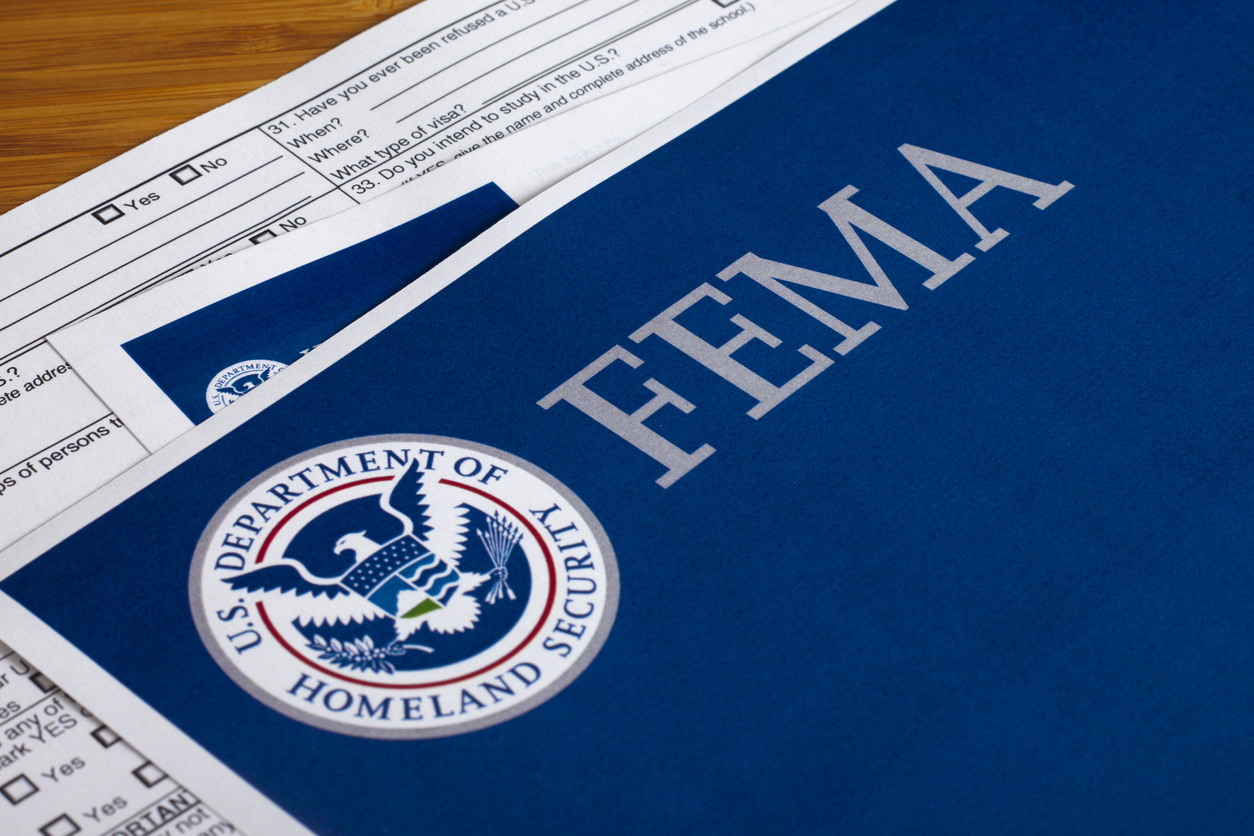The Scoop: Misinformation hurts Helene response efforts
Also: Brief strike earns U.S. dockworkers big labor deal; Savannah Bananas shows payoff of daring to be different.

The catastrophic effects of Hurricane Helene have residents throughout the southeastern United States looking for information about support services and operational updates only to find posts filled with misleading information about the response from the federal government and support agencies.
In recent days, top results related to Helene have generated millions of views, but many are spreading potentially dangerous misinformation.
The comments range from wild conspiracy theories about “weather modification” targeting areas that support Donald Trump to posting President Joe Biden’s remarks out of context to make it seem like he wouldn’t provide money to states to assist with storm relief.
“The kind of difference here that we’re experiencing is just the amount of kind of maybe un-useful tweets that you have to dig through to be able to find the useful, actionable ones,” Samantha Montano, an assistant professor of emergency management at Massachusetts Maritime Academy, told NPR about Helene compared to other natural disasters. “And that’s a real challenge because in a disaster, you don’t necessarily have time to be digging through all of that.”
Why it matters: Disinformation is especially damaging when it has the potential to undermine the ability of agencies to provide vital services.
The temptation may be to disregard those comments and hope they eventually go away. This “don’t feed the fire” approach can be dangerous, though, as it lets the problem grow unchecked, spreading rapidly like wildfire. If this happens, those rumors can cause lasting harm to an organization’s reputation. In a case like Helene relief, they can also hinder organizations’ ability to do their job.
Many major disaster response organizations, such as the Federal Emergency Management Agency and the American Red Cross, have decided to address the misinformation head-on.
FEMA, for instance, has launched a social media counter-campaign to debunk conspiracy theories one by one. It has also set up a website to verify facts and counter conspiracy theories as they emerge.

The Red Cross is taking a similar approach by addressing specific conspiracy theories while also emphasizing the dangers of spreading unverified information.
Misinformation can spread quickly after a disaster, causing confusion and distrust within communities struggling to recover. Unfortunately, we’re seeing this during our response to Hurricane Helene.
Sharing rumors online without first vetting the source and verifying facts… pic.twitter.com/nSfvE12JBc
— American Red Cross (@RedCross) October 3, 2024
But it’s difficult to fact-check yourself when faced with criticism. Even if the information is valid, simply saying someone else is wrong isn’t always persuasive.
Both FEMA and the Red Cross seem to have recognized this and are emphasizing the value of trusted third-party messengers. They’re sharing photos, videos, and comments from volunteers, elected officials and those they’re serving, using that credibility to bolster the organization.
FEMA and the Red Cross are also enlisting regular social media users to help combat online conspiracy theories by sharing their information on their feeds and with those posting false information.
Combating misinformation is something no one post or organization can address all on their own. Finding ways to deliver consistent, accurate information across as many channels as possible can help offset at least some of the bad information.
Editor’s Top Reads
- The International Longshoremen’s Association has reportedly agreed to a substantial new labor contract, ending a brief strike that threatened to disrupt the U.S. economy. Under the deal, port operators will give dockworkers a 62% wage increase over six years, according to the Wall Street Journal. The strike, the union’s first in nearly 50 years, made international headlines and sparked social media buzz about its potential to drive up prices on everything from bananas to cars if it lasted more than a week. It ended after three days. Although the impact of the new labor contract on consumer prices is unclear, someone will have to pay for the increased costs to cargo owners and shipping lines. Amidst everything else going on in the world, price hikes might seem inevitable. In such situations, PR pros would be wise to anticipate these potential price increases and develop a messaging strategy accordingly. Many retailers spent the summer highlighting price reductions, including Target, which lowered prices on 5,000 items. If prices do rise as a result of these changes, brands should avoid dwelling on the reasons behind the price hike, as financially strained consumers are unlikely to sympathize. Instead, they should focus on the product’s quality, the value customers receive and why it’s worth paying a little more.
- The Savannah Bananas are set to bring their unique brand of baseball to larger audiences and bigger venues next year. Owner Jesse Cole, the mastermind behind the Harlem Globetrotters-esque “Banana Ball” brand, announced on Thursday that he’s taking his passion project to 18 Major League Baseball stadiums and three football arenas, all of which are expected to sell out. Cole’s transformation of the Bananas from a mediocre minor league team into a must-see ticket, rivaling Taylor Swift’s Eras Tour in third-party resale value, serves as a reminder to storytellers: don’t be afraid to try new things. For example, Cole unveiled the 2025 schedule through a two-hour live “world tour city draft” special on YouTube, followed by a ticket lottery on the team’s website. This move created hype and excitement, encouraging fans to act quickly. While PR professionals can’t always take risks, if an opportunity arises, don’t be afraid to take a chance. Even if you strike out, you can get ’em in your next trip to the plate.
- Google is threatening to stop linking to stories from New Zealand media outlets if the government passes a law requiring tech companies to pay for news articles to appear in search browsers or other platforms. The Fair Digital News Bargaining Bill proposes a “link tax” that would force companies to pay for simply linking to news articles, Google posted to its blog Friday morning. “While Google supports efforts to foster a sustainable future for New Zealand news, this Bill is not the right approach,” the post reads, adding that Google’s licensing program in New Zealand contributes money to almost 50 local publications. Google has employed and followed through on similar threats in the past. It used a similar strategy to help block these types of laws in Australia and Canada in recent years. Although people can still go directly to their favorite news outlet for information, most of us don’t do that anymore. Instead, we cherry-pick our one or two favorite sites, which could hurt competition overall.
Casey Weldon is a reporter for PR Daily. Follow him on LinkedIn.







